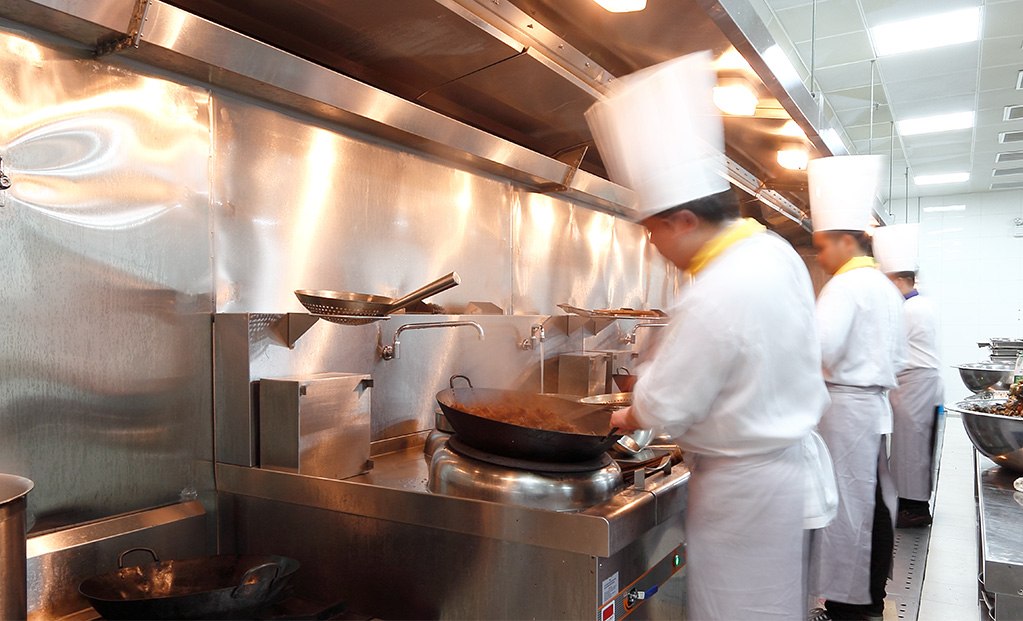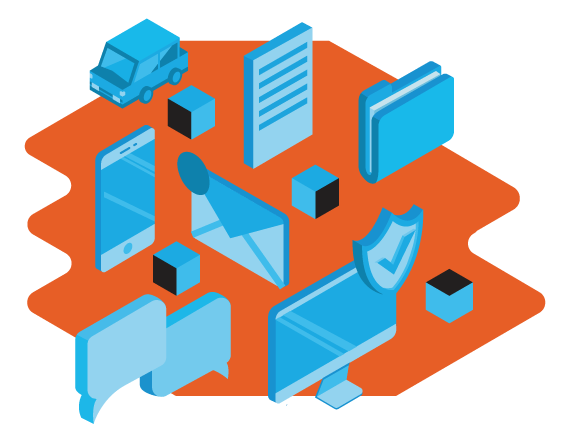Insurance policies all restaurants should have
While managing a restaurant or bar business can be extremely rewarding, it can also be very hectic, time-demanding, and costly on many levels. Even though you have a lot on your hands, it’s incredibly important that insurance is on your to-do list. The proper insurance program will help protect your restaurant, employees and guests from most exposure liabilities and any property damage claims that may occur in the future.
Below, our insurance specialists outline some of the various risks restaurant and bar owners can face and the types of coverage you should have to protect your business and team if the unexpected happens.
Make sure you’re covering all of your bases
Because customers are served in your place of business, your liability exposure claims can stack up and be relatively high. Suppose a customer falls on a slippery floor, has payment information compromised, is assaulted on your premises, or has an allergic reaction to the food or beverage they were served? In the case one of these things happens, you as the business owner will be held liable and could even face a lawsuit.
- Primary protection against claims involving injury and damage can be covered in a Commercial General Liability (CGL) policy, but may not cover all of your bases. If you have taken a loan from a bank or leased commercial space, you will need to purchase this type of protection.
- You also need to ensure that your business is protected from any food-related illnesses and even alcohol-related claims. If alcohol is served in your establishment, you’ll need Liquor Liability Coverage.
- In addition, you may also need Battery Insurance. This policy could cover violent acts or harm inflicted that may involve customers, employees, and/or security on your premises.
Our specialized insurance brokers can help you get the coverage liability you need to fill in any gaps in your CGL policy. Your protections fall into two main categories such as:
- Property damage and bodily injury.
- Personal injury including slander, libel, copyright infringement, misleading advertising, and other mis-uses of intellectual property.
Many restaurants tend to purchase additional liability coverage through an Umbrella Policy. In light of the diverse factors that need coverage, such a policy helps cover the gaps and claims that may exceed your general liability policy limits, such as data breaches by hackers who may access your payment systems.
It is equally important to note that general liability policies won’t cover bodily injury to employees. However, such risks can be covered by your worker’s comp insurance. Additionally, a CGL will not cover professional liability or employment practices liability claims. You will need to purchase separate policies to be properly covered.

Commercial Property Coverage
Commercial property insurance is another necessary coverage that both restaurants and bars should have.
- This coverage may cover losses and claims caused by situations such as restroom flooding, equipment breaking down, theft, and even theft to your liquor stock.
- A number of risks can be found in a restaurant kitchen such as fires. Kitchen fires are extrememly common in these establishments, and can quickly get out of control. Such fires can destroy valuable property and even injure employees and patrons.
- Commercial insurance can also cover your entire building, furnishing, equipment, supplies, products, and items used in your restaurant. Some of the risks covered can include fire, theft, weather incidents, and vandalism.
- Note that if you provide catering services and transport items such as food and equipment to another location, you will need additional insurance to cover your property. Talk to your insurance broker about inland marine insurance and more.
Equipment Breakdown Insurance
To cover any equipment failure, ask about adding this coverage to your commercial insurance program. This policy protects your company’s mechanical, electrical, and computer equipment from unexpected breakdowns including the cost to repair or replace damaged equipment.
Commercial Auto Insurance
Any vehicles used for your business must be covered by commercial auto insurance. In some cases, a personal vehicle may be used to make deliveries, but most personal auto policies don’t cover losses incurred from business use. Therefore, you’d need to add your personal vehicles under a non-owned auto clause to your commercial policy.
Workers’ Compensation
Employees can cut themselves on knives and injure themselves when using other equipment very easily! They can also burn themselves while frying, cooking, slip on a wet floor, or even hurt themselves while lifting heavy objects.
- Workers comp is required by law and can cover your business and employees against work-related injuries. It may also cover the cost of care, rehabilitation, and lost wages incurred by your employees while taking time off from work to recover from an injury or illness.
- To minimize any bodily injury risks, your team should follow safety procedures in the kitchen and all working areas, such as loading docks. Train your team members on the correct way to use equipment, carry heavy loads, and more.
Employment Practices Liability Insurance (EPLI)
Employment Practices Liability Insurance (EPLI) can cover defense costs and damages related to various employment-related claims including allegations of Wrongful Termination, Discrimination, Workplace Harassment and Retaliation.
- A good provider of an EPLI policy can work with you so you can have all the efforts in place to prevent claims that may come from discriminatory or harassment policies. You can avoid a lawsuit by having strong HR policies and good employment practices in place.
Business Income Insurance
This coverage can replace any lost income if your establishment has to close due to fires or natural disasters. This can potentially help you keep afloat if you cannot re-open fast enough.
Business Owner’s Policy (BOP) Insurance can provide coverage of several types in one policy
Many insurance programs offer BOPs to cover the basic insurance needs of businesses. A standard BOP can include CGL with commercial property and business income insurance in one bundled-up policy at a lower cost. However, a BOP has a limited scope, so you might need to purchase additional coverages as they don’t cover auto insurance or EPLI.
You can get more flexibility with a Commercial Package Policy (CPPs), which could be an alternative to a BOP. A CPP gives you a chance to add any coverage you want and drop the coverage you don’t want or need. Insurers can offer tailored insurance programs.

